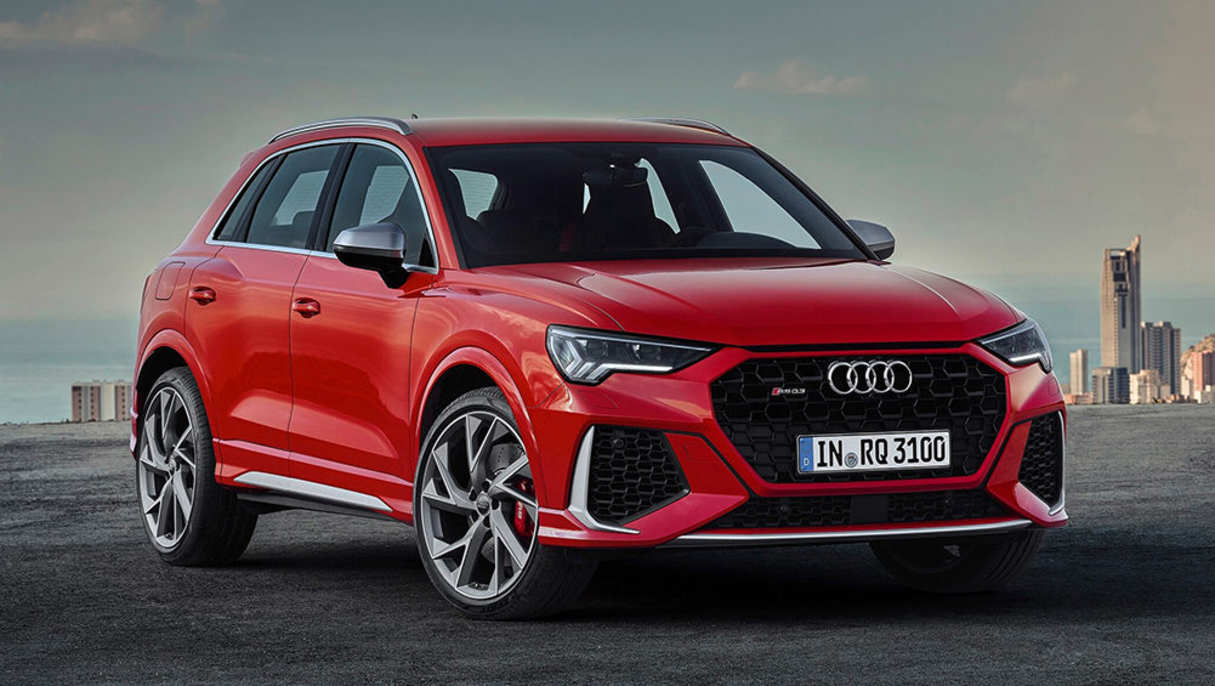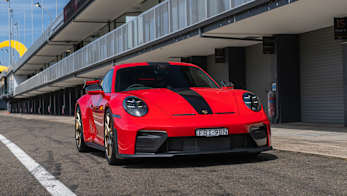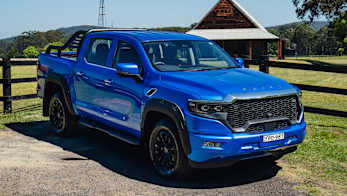It’s been expected for a while, but now it’s official.
Audi’s highly regarded five-cylinder turbocharged petrol engine will soon be discontinued.
The powertrain has been a favourite of Audi fans and reviewers the world over in models like the RS3, TT and RS Q3, but emissions regulations are set to put an end to it.
-
Eye-popping new SUV locked in for Oz
-
New hybrid brawler incoming: 2026 Audi Q3 plug-in hybrid debuts with impressive electric driving range and performance to battle the BMW X1 and Mercedes-Benz GLA
-
Ta Ta for now: Audi TT bows out with Final Edition pricing confirmed for Australia after almost a quarter century on sale
Audi CEO Gernot Döllner confirmed the demise of the famed five-pot.
“Right now the five cylinder road will probably end with Euro 7," he said.
Asked whether there were technical limitations on the engine, or if it was just too difficult with the incoming Euro 7 emissions regulations, Döllner said:

“Not difficult. It's a question of scale and overall market demand.”
The strict Euro 7 standard is the first to include non-exhaust emissions like pollutants from vehicle brakes and tyres and it will apply to all petrol, diesel, hybrid and electric cars from late 2026 in Europe.
Döllner wouldn’t say much more on the matter but it’s clear the potential volume of the five-cylinder engine has reduced.

One of the many iconic Audi models the five-cylinder engine was used in was the TT RS sports car, but given the TT was recently discontinued, that might have been another nail in its coffin.
Other models still powered by the engine include the current-generation Audi RS3 hot hatch and sedan and the RS Q3 performance SUV.
Under the bonnet of the RS Q3, the 2.5-litre unit pumps out 294kW of power and 480Nm of torque, and it drives all four wheels thanks to Audi’s quattro all-wheel drive system and it’s paired with a seven-speed dual-clutch transmission. It can do the 0-100km/h dash in 4.5 seconds.

The recently refreshed RS3 delivers 294kW but ups torque to 500Nm, and it can hit triple digits in a blistering 3.8 seconds.
The Q3 is about to be replaced by a new-generation model that’s expected in Australia in the first half of 2026, but the next RS Q3 is yet to be revealed. It is unlikely to use the five-cylinder and is expected to instead come with a turbo four-cylinder unit.
Given the RS3 was only just refreshed, that could continue on until Audi hits the brakes on the engine in 2027.

The German carmaker has a long history of straight five-cylinder engines, with petrol versions hitting the market in Europe back in the mid-to-late 1970s.













.jpg)

.jpg)


.jpg)

.jpg)


.jpg)
.jpg)



.jpg)
